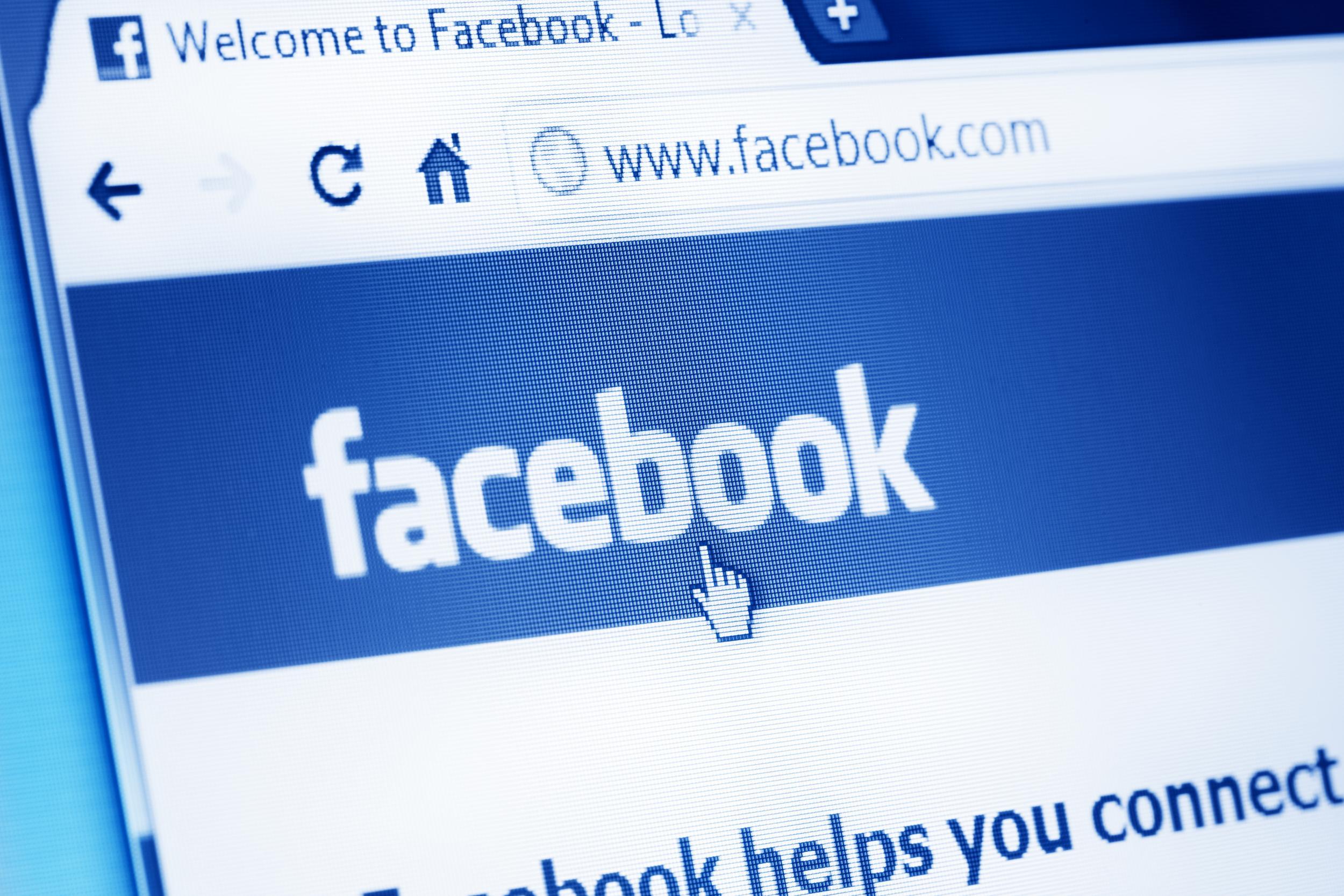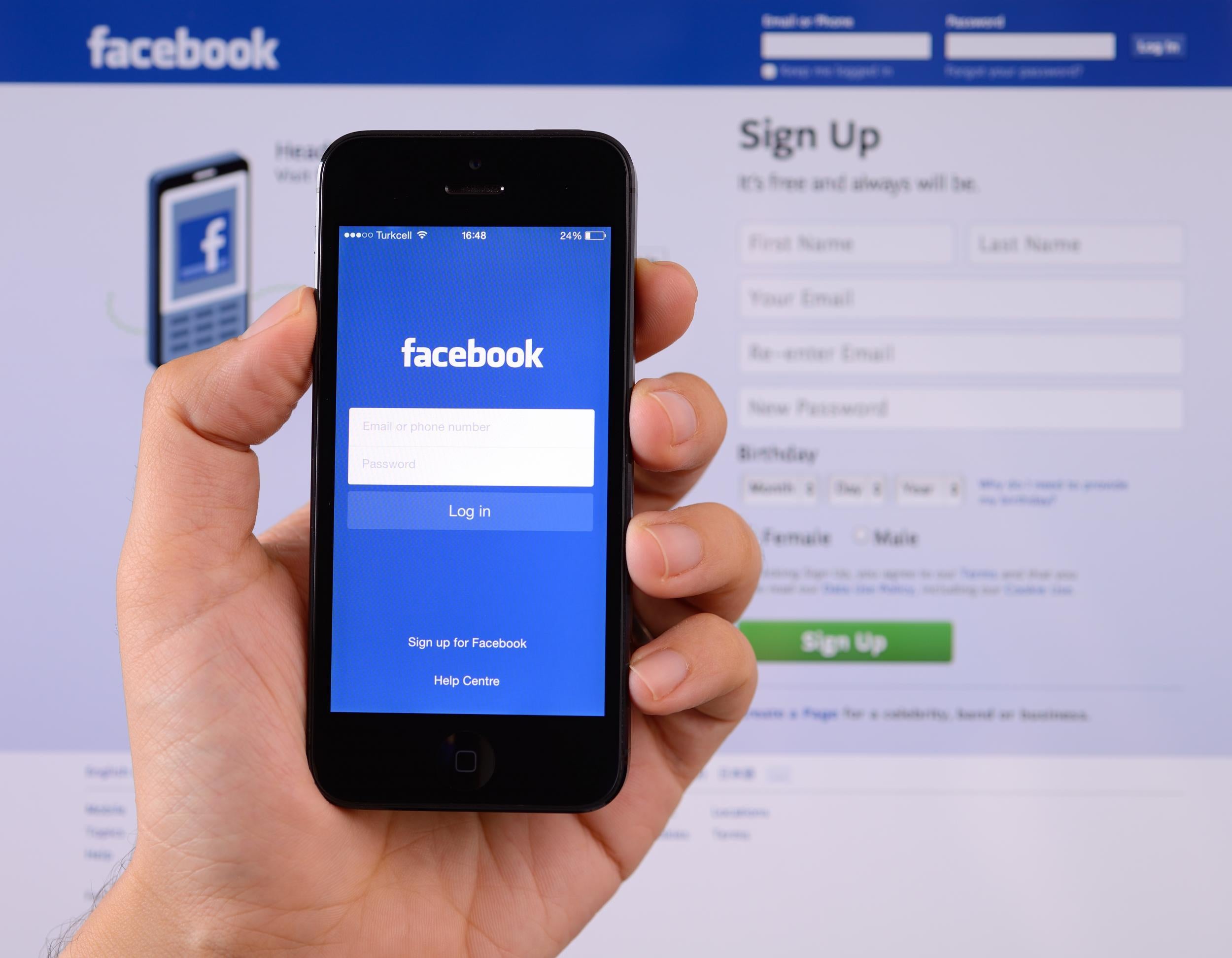Facebook researchers acknowledge social media can be bad for you
You know things are bad when even Facebook admits it

Your support helps us to tell the story
From reproductive rights to climate change to Big Tech, The Independent is on the ground when the story is developing. Whether it's investigating the financials of Elon Musk's pro-Trump PAC or producing our latest documentary, 'The A Word', which shines a light on the American women fighting for reproductive rights, we know how important it is to parse out the facts from the messaging.
At such a critical moment in US history, we need reporters on the ground. Your donation allows us to keep sending journalists to speak to both sides of the story.
The Independent is trusted by Americans across the entire political spectrum. And unlike many other quality news outlets, we choose not to lock Americans out of our reporting and analysis with paywalls. We believe quality journalism should be available to everyone, paid for by those who can afford it.
Your support makes all the difference.Facebook has admitted that social media can be bad for you, in a move described as a "pretty big deal" by one tech commentator.
In a press release called, Hard Questions, David Ginsberg, director of research, and Moira Burke, a research scientist at Facebook, acknowledge and comment on the scientific research linking social media to negative impacts on well-being, before outlining the steps Facebook is taking to solve these issues.
Referencing a number of scientific studies that have raised critical questions including, “Do people connect in meaningful ways online? Or are they simply consuming trivial updates and polarising memes at the expense of time with loved ones?” the post aims to give “some insights into how the research team at Facebook works with our product teams to incorporate well-being principles, and review some of the top scientific research on well-being and social media that informs our work.”
Rather than disregard the research that has been published on the negative effects of social media, the post acknowledges that both sides of the argument do exist - but ultimately concludes that “According to research, it really comes down to how you use the technology.”
However, descriptions of the research experiments that have been conducted that reveal negative outcomes, are summed up in a section titled, ‘The bad’ and referenced throughout the post.
“In general, when people spend a lot of time passively consuming information - reading but not interacting with people - they report feeling worse afterwards.”
Referencing an experiment conducted by the University of Michigan, in which students who were randomly assigned to read Facebook for 10 minutes reported worse moods at the end of the day compared to students who did not read Facebook, as well as a study from UC San Diego and Yale, which found a connection between clicking on links and worse mental health than average, the post admits that negative impacts do exist:

“Though the causes aren’t clear, researchers hypothesize that reading about others online might lead to negative social comparison - and perhaps even more so than offline, since people’s posts are often more curated and flattering. Another theory is that the internet takes people away from social engagement in person.”
The acknowledgement is interesting considering where it’s coming from - and has not gone unnoticed.
Farhad Manjoo, a New York Times tech commentator, summed up the general response in a tweet, stating it seems like a “pretty big deal that Facebook is admitting, and citing academic research, that in some instances spending time on social media is bad for you.”
However, the social media giant also discusses the pro-social media side of the debate, in a section titled ‘The good,’ including the research that exists linking actively interacting with people - “especially sharing messages, posts, and comments with close friends and reminiscing about past interactions” - to positive outcomes, such as improved well-being.
Referencing a study Facebook conducted with Robert Kraut at Carnegie Mellon University, in which “people who sent or received more messages, comments and timeline posts reported improvements in social support, depression and loneliness,” as well as “other peer-reviewed longitudinal research and experiments,” which “have found similar positive benefits between well-being and active engagement on Facebook,” the post reiterates “it’s about how you use social media that matters when it comes to your well-being.”
Ginsberg and Burke do make it clear, however, that Facebook is playing an active role in ensuring more meaningful social interaction is taking place.
“Facebook has always been about bringing people together” but has also become “a place for people to come together in times of need, from fundraisers for disaster relief to groups where people can find an organ donor.”

While this is a start, the social media site states it’s “always working to expand these communities and find new ways to have a positive impact on people’s lives.”
Essentially, Facebook is acknowledging the part it plays in negatively impacting mental health and is actively trying to find ways to correct the issue - even at the cost of revenue.
Regarding Facebook news feeds, the post describes several changes which have been made to News Feed to “provide more opportunities for meaningful interactions and reduce passive consumption of low-quality content - even if it decreases some of our engagement metrics in the short term.”
Some of these changes include “demoting things like clickbait headlines and false news,” “optimising ranking so posts from the friends you care about most are more likely to appear at the top of your feed,” as well as a redesign to the “comments feature to foster better conversations.”
The site has also implemented ‘Snooze’, an option to hide a person, Page, or group temporarily, ‘Take a Break’, a tool designed to limit interaction with exes on Facebook, and suicide prevention tools that use artificial intelligence to detect suicidal posts faster.

As for the unknown impacts technology has on attention span, relationships, and children in the long run, the site is aware of limitations in terms of conclusive research, and thus has “pledged $1 million toward research to better understand the relationship between media technologies, youth development and well-being.”
Recognising the important questions that have yet to be answered, Facebook concludes the post by assuring people that they are aware of these issues, and want to be a part of the solution:
“At the end of the day, we’re committed to bringing people together and supporting well-being through meaningful interactions on Facebook.”
It seems a bit ominous that even Facebook has admitted social media is bad for you.
Join our commenting forum
Join thought-provoking conversations, follow other Independent readers and see their replies
Comments